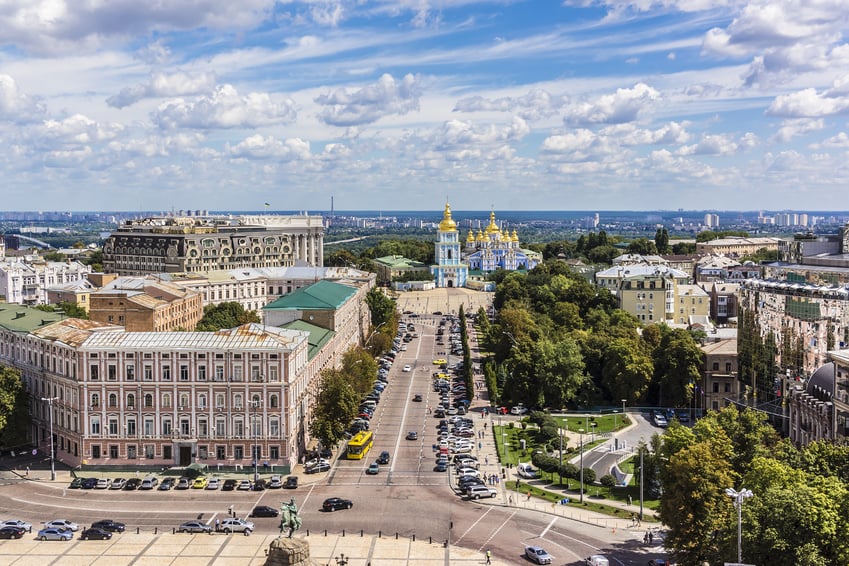From 28 March 2015 the powers of the Supreme Court will be enhanced and new rules will apply to the selection and disciplining of judges, in what is the first step in an expected major overhaul of the judicial system in Ukraine. The changes were introduced when on 24 February 2015 the President of Ukraine signed the Law of Ukraine “On Ensuring the Right to a Fair Trial” (the “Law”).
What the Law says
Powers of Supreme Court The Law extends the powers of the Supreme Court of Ukraine and the grounds for review of court decisions by the Supreme Court. Parties may submit applications for review of cassation court decisions directly to the Supreme Court (currently the cassation courts decide whether to forward such applications to the Supreme Court). The new grounds for review include inconsistent application of procedural rules by the cassation courts preventing further consideration of cases, lower courts not properly applying the rules on jurisdiction, as well as incompatibility of a cassation court’s decision with the legal positions of the Supreme Court. Legal positions endorsed by the Supreme Court are binding for all public bodies including lower courts, which can however deviate from those positions on reasonable grounds. Appointment of judges The Law increases the requirements for the professional qualifications of judges. The High Qualification Commission of Judges is responsible for the initial selection of candidates, who must then be approved by the High Council of Justice of Ukraine. The President of Ukraine appoints judges for an initial 5-year term upon the recommendations of the High Council of Justice of Ukraine. Disciplinary sanctions for judges The Law also amends the rules on professional misconduct by judges. Professional misconduct now encompasses groundless refusal of access to justice, unmotivated rejection of parties’ arguments in a court decision, failure to notify the law enforcement authorities of influence on the judge by outside persons, etc. Only licensed attorneys admitted to the Bar can now file complaints against unlawful actions of a judge on behalf of a legal entity. Disciplinary cases concerning judges of the local and appellate courts will be considered by the High Qualification Commission of Judges and the High Council of Justice will consider those involving judges of the higher courts and the Supreme Court. The Law also extends the range of disciplinary sanctions applicable to judges, which now include a warning, reprimand, temporary removal from office (up to six months), transfer of a judge to a court of lower instance or the High Council of Justice filing a motion on complete removal from office (in cases of violation of the judicial oath).
Impact on Business
The extension of the powers of the Supreme Court of Ukraine and the grounds for review of court decisions by the Supreme Court may delay consideration of court cases. On the other hand, the parties will have more procedural tools to deal with an inconsistent or prejudiced approach by lower courts through revision by the Supreme Court.
Conclusion
The Law is expected to be the initial stage in a major overhaul of the Ukrainian judicial system. In particular, enhancing the powers of the Supreme Court will facilitate consistency of court practice and improve the predictability of the whole legal system. Amendments to the rules on selection of, and sanctions for, judges are expected to improve the professional attitude of judges.



